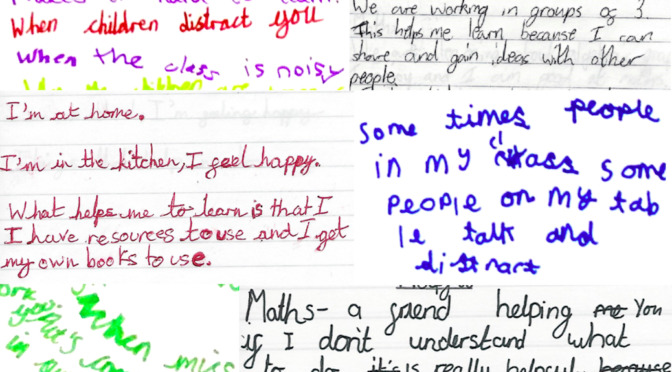In recent years considerable attention has been directed to how the attainment of disadvantaged pupils can be improved. There has been particular interest in the improved performance of disadvantaged pupils in London schools since the mid-1990s, which has resulted in a relatively small gap in attainment between disadvantaged pupils and their peers in the capital compared to the more sizeable gap within other regions of England. Research has examined the ‘London Effect’ from a number of different angles, from the effects of policy initiatives, accountability and governance, to demographics, pupil characteristics and workforce factors.
This new research report, commissioned by the Department for Education and co-authored with colleagues from LKMco, adds another piece to a growing jigsaw. The research is based on two-day, in-depth, qualitative case studies of 16 primary and 7 secondary schools across England, conducted between September 2016 and July 2017. Our analysis builds on an established body of literature on school cultures and practices, considering a range of factors spanning the intangible assumptions and values that teachers hold through to the observable, concrete behaviours that emerge from them. We understand school practices as emerging from a school’s culture; they are the most concrete, visible aspect of that culture and allow insights into its constituent underlying assumptions and values.
The research provides an in-depth analysis of a set of school cultures and practices that existing research has linked to positive outcomes for disadvantaged pupils. These cultures and practices range from how schools support parents’ and pupils’ aspirations and expectations, to the way in which they use data and evidence to monitor outcomes and how they respond to the latest developments in research. Through interviews with teachers, senior leaders and governors; focus groups with parents and pupils; and observations of lessons, assemblies, meetings, corridors and playgrounds in each school, we have been able to build-up an in-depth picture of variation and consistency in cultures between schools, and the ways in which cultures influence practice.
You can download the report, and a short research brief, from the DfE website.
